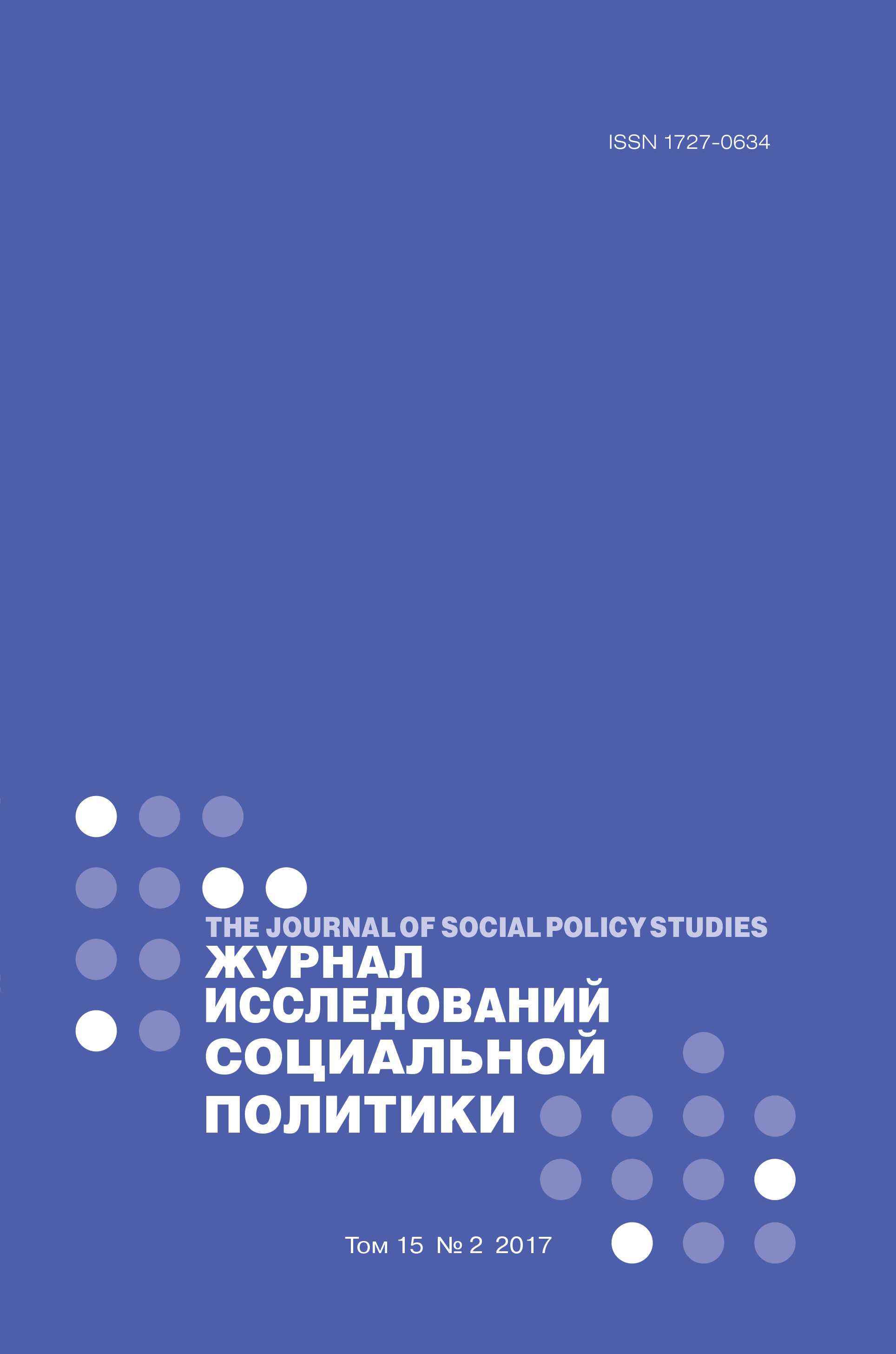Work, Education and Literacy in Russian Society: The Problem of Inconsistency
Abstract
Dmitry Popov – PhD (kandidat nauk) in Sociology, Senior Researcher at The National Research University Higher School of Economics (HSE), Moscow, Russian Federation. Email: dmitry_popov@sociolog.net
Anna Strelnikova – PhD (kandidat nauk) in Sociology, Associate Professor in Sociology at The National Research University Higher School of Economics (HSE), and Associate Professor in Sociology at GAUGN, Moscow, Russian Federation. Email: astrelnikova@hse.ru
In this paper we consider the problem of inconsistency between levels of education and work in Russia. The study is based on the data from international large-scale assessments of adult competences (PIAAC), which provides us with the results of competency tests on literacy and numeracy of adults in Russia and the OECD countries. These assessment results are representative for the able-bodied population in each country at the national level. While test scores in the OECD countries show a linear correlation with the formal education levels, in Russia we observe distinctive tendencies. The analysis of the PIAAC data reveals three different inconsistencies. First, there is no linear correlation found between the assessment results and formal qualification in Russia. The increase of competence slows down or stops at the level of higher education, while at lower qualification levels there is no substantial difference between Russia and the OECD countries. The second important finding is that a significant proportion of people with low competences have high-skill jobs in Russia. At the same time, the distribution of people with certain formal qualifications on the labor market is quite similar in Russia and the OECD countries. This inconsistency was hidden for a long time due to low reliability of the most common indicator for both sociological and economic studies in Russia – the level of formal qualification. The third empirical finding demonstrates that both formal qualification and measured competences are significant in one’s employment prospects. However, the difference in incomes between people with low and high competences is noticeably smaller in Russia than the OECD countries. There may be different explanations for this finding. Either employers are not interested in highly competent workers or there is a certain difference between what appear to be the same job positions in Russia and other countries. The interpretation of quantitative results in this article is also supported by interviews from a qualitative project focusing on the life trajectories.















